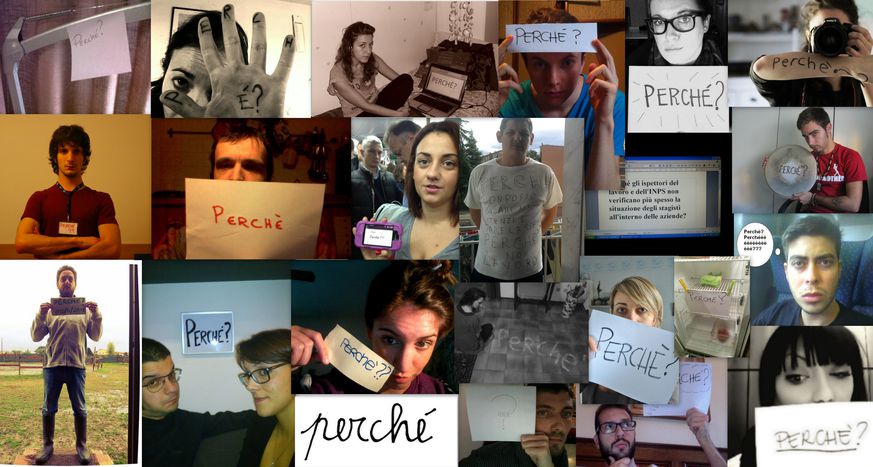
Young, Italian, expat, pissed off: the 'why' campaign (9 images)
Published on
Translation by:
Cafebabel ENG (NS)Why - perché, pourquoi, por qué, warum, dlaczego, γιατί? The online media campaign, incited by Alessia Bottone on 4 November, invites young Italians living both at home and abroad to scrawl the question anywhere - on a post-it, a computer, a curtain, no matter, and photograph it and send it into her blog. The aim of the images is to put a face to how young people are feeling during the crisis. 'We need to come together and feel that together we can change things in our own ways,' explains Bottone. Bibbi Abbruzzini, an Italian based in Nepal, has compiled the best of this series for cafebabel.com, as the trend catches on across Europe
See the stories in full on the blog ‘From north to south, let’s talk about it’ (’Da Nord a Sud, parliamone‘); if you want to take part, send your image to [email protected]
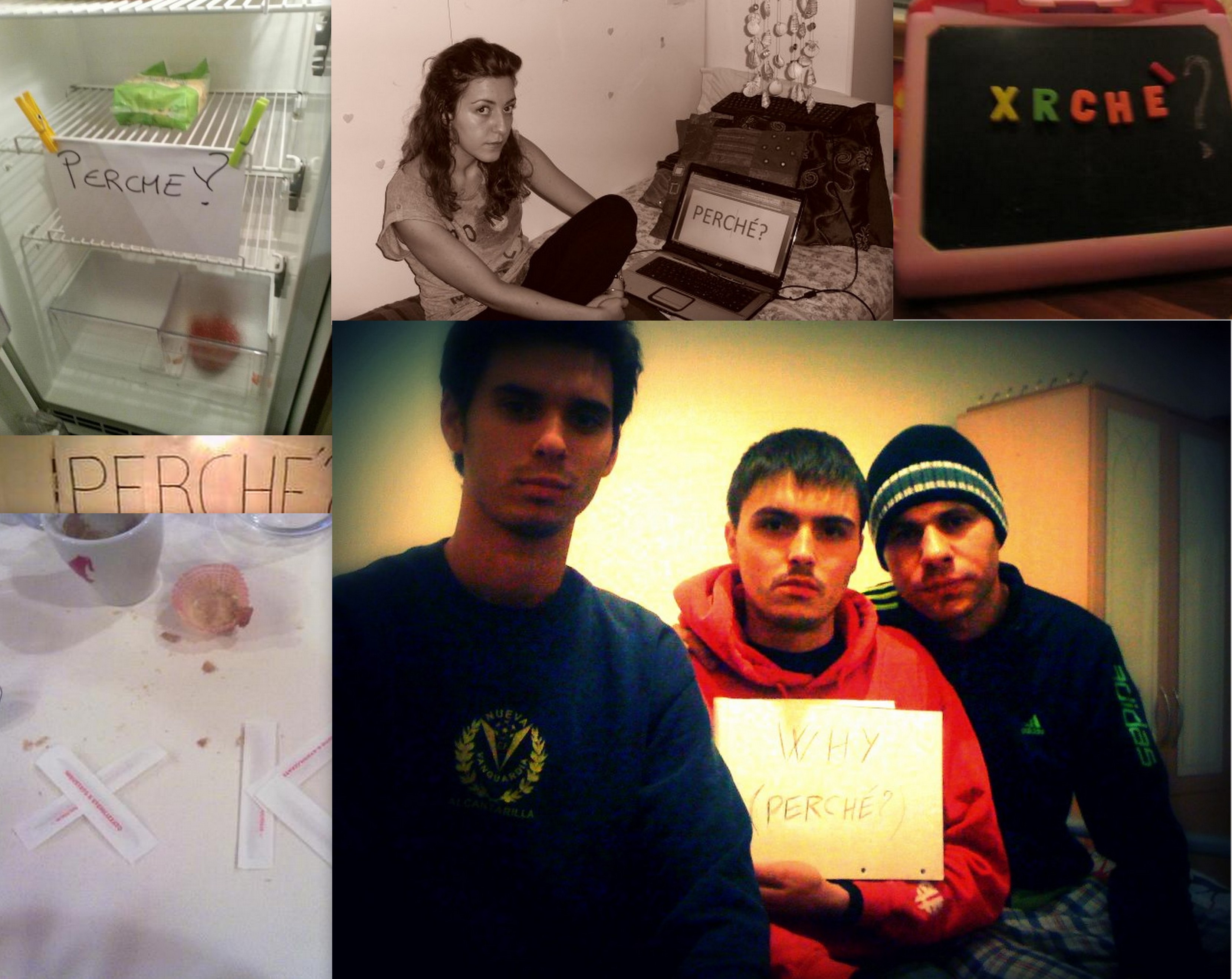
Nicola is 26. In 2008 his start-up was forced to close but he is still receiving mail for it everyday. He has spent the past four years job-hunting and learning to be rejected for offers. In this time he lost his father to cancer at the young age of 44 because he had been exposed to asbestos at the national railway company where he worked. In August 2012 he packed his bags, grabbed his motorbike and set off for a new life in London

Coline, 21, is not Italian, but the trend is catching on; the French student who moved from the north of France to Brussels to attend at an art academy, and is now in her final year where she is starting to think about applying for jobs. In June 2007, the European parliament approved a new resolution on the social status of artists, but each of the 27 EU member states uses its own criteria to define who can be an artist - hence the lack of a common definition
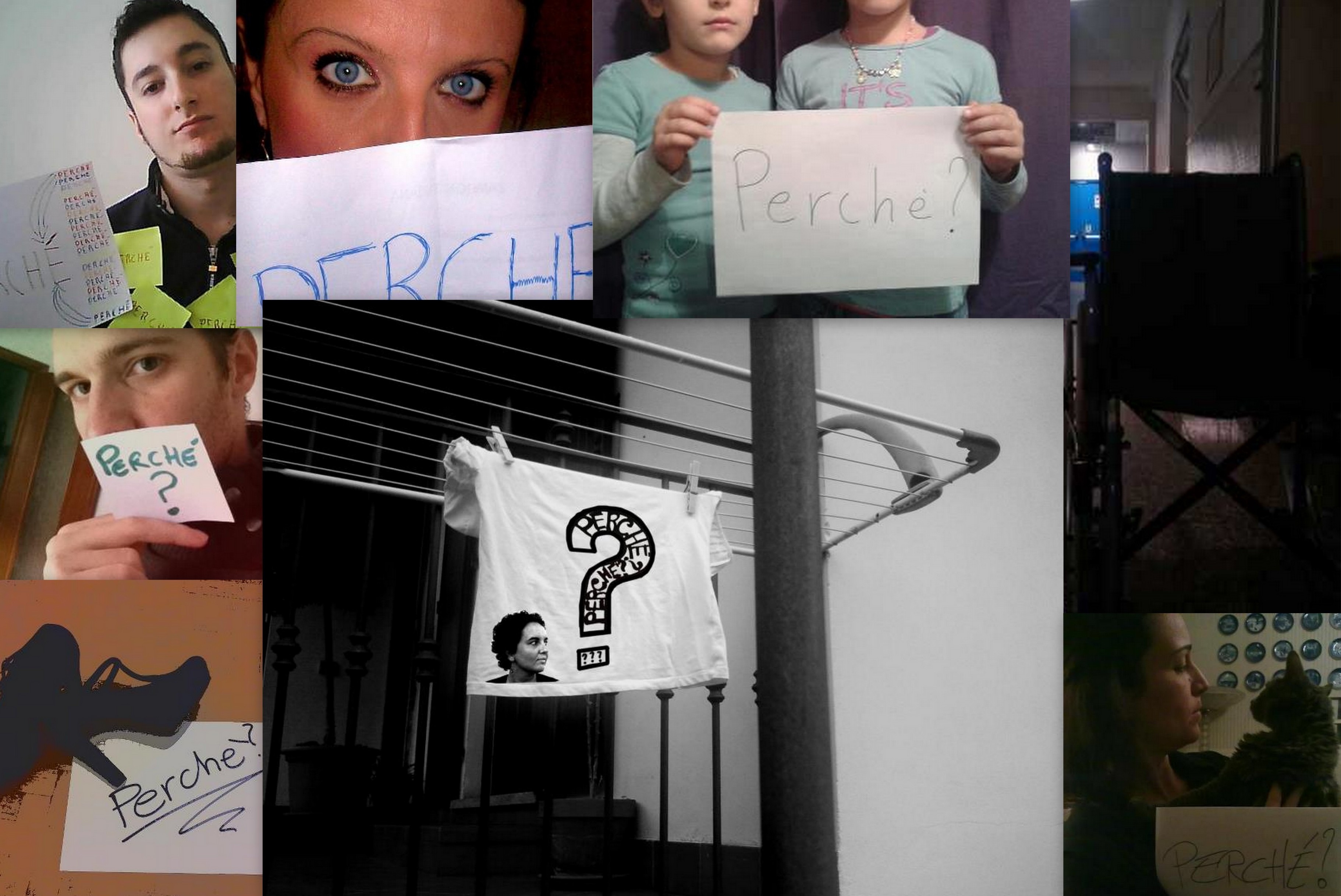
Elisa, 30, took part in a Leonardo work architects exchange programme in Egypt in April 2010 before moving to Barcelona. Before long she was back in Italy, working as a secretary on a short-term maternity leave contract. She went on to do a month-long trial period at another company as a secretary, and was promised a six-month contract. Her feedback was that she was 'slow and unfocused'. As she looks back over 2012, she recalls that she spent only three months working
.jpeg)
Andrea Levialdi Ghiron, 22, was born to an Argentinian father and an Italian mother. He moved to Madrid after studying literature at university. Back in Italy, where he is a professional basketball player, he applied to university again, but he finds the system Darwinian at best. Now he is a rapper and is releasing his first album, Primero Mixtape, in March 2012. His latest solo projects are based on 'all of the difficulties an emerging musician can have in a genre like rap and in a country like Italy,' he says
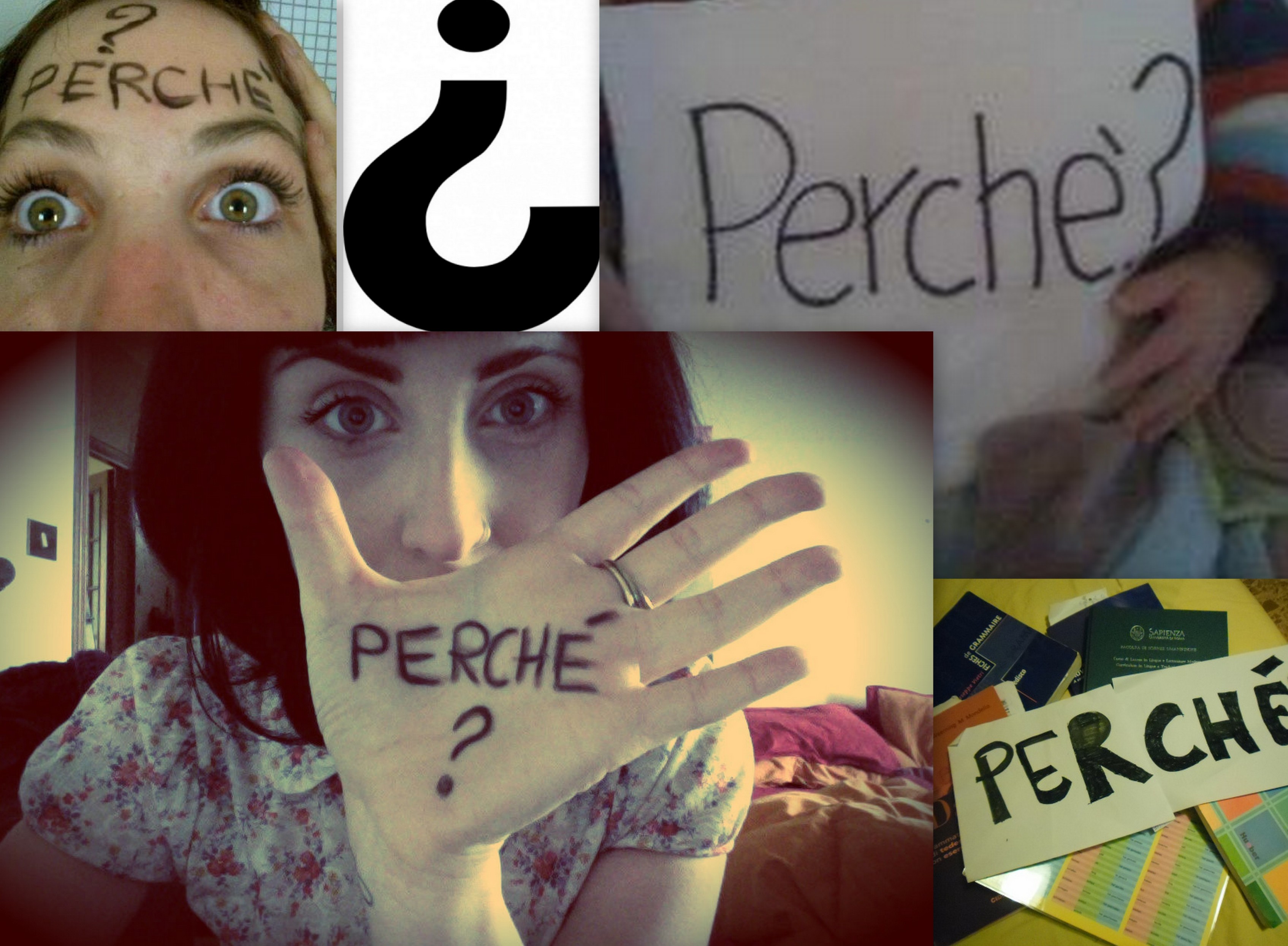
In February 2010 Alice found work at a hotel chain in Ireland. She felt independent at the age of 22 and with a monthly income of 1, 650 euros net. Family problems meant that she moved back to Italy after three years away. She found a part-time job at a Vodafone call centre which paid five euros an hour; that salary ended up being reduced by its half. 'My life is now a succession of interviews always ending with 'we will keep you informed' and of short-term contracts - one week, one month maximum.' Alice is 24, Italian and part of the precarious generation
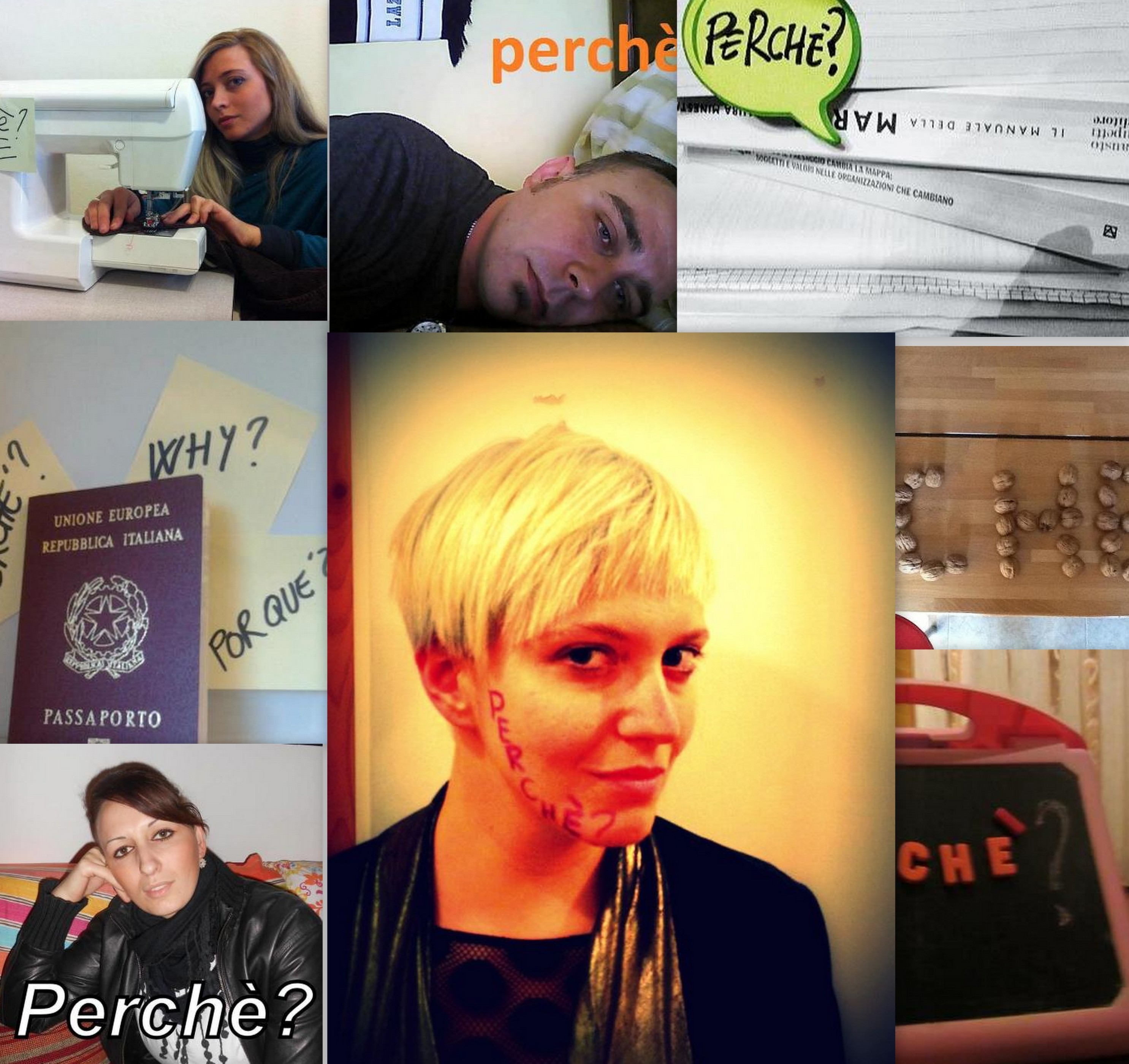
Rather like the creator of this why campaign, Alessia Bottone, Marzia has had a packed 27 years of existence. She studied linguistics, did her erasmus student exchange programme in France, and went on to do her masters in London, internships in Spain and New York, and a further masters programme in Brussels. Yet her profile does not interest Italian companies. She is tired of unpaid internships where there is never a guarantee of being hired, and so she is now working in fashion in England. She does want to come home to Italy though: 'I don't want our beautiful country to be left to become a country of pensioners'
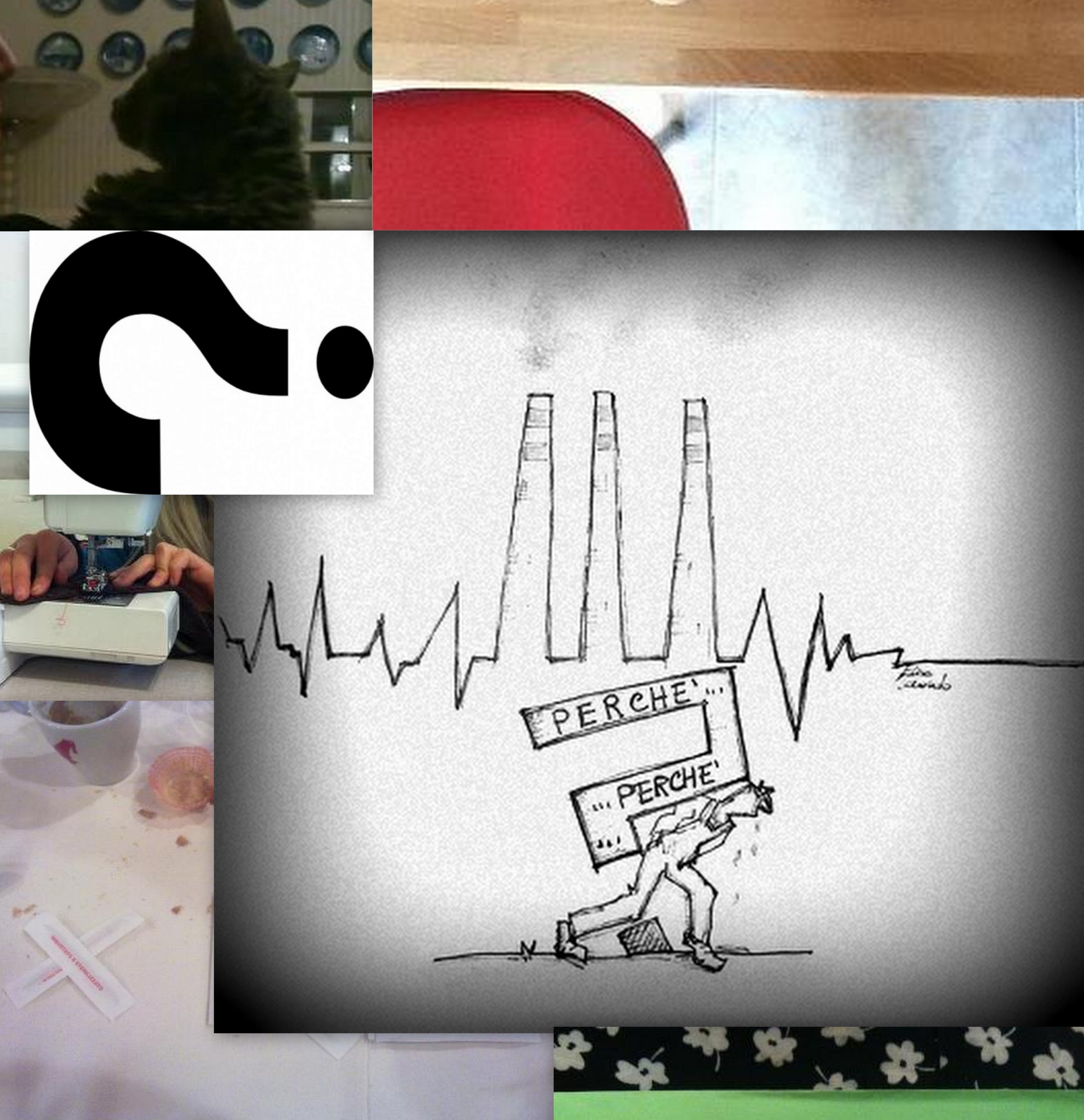
The Ilva steelworks was founded four decades ago and is a part of the Riva group which is specialised in steel production. Its most important site at Taranto has employed thousands of workers (the current figure is 12, 000) since the late 1970s. Yet the 'Dante'-esque furnaces which release their billowing clouds are a threat for the human and animal populations. On 25 July 2012 the site was shut down for its environmental crime. 'I'd rather live in a clean city which is famous for its tourists than die because of pollution,' says 33-year-old Cosimo. Why did the Italian environmental minister Corrado Clini give the company a second chance?

Brigitte rewarded herself after finishing working in the same company for three decades by heading to Nepal, a country sandwiched in between China and India. Here she found friends, smiles, simplicity, solidarity and spiritual wealth. 'The crisis is all over Europe but solidarity is not,' she says. 'Politicians should be closer to the citizens and so should bosses with their employees.' Brigitte has lived in Kathmandu since 2011 and says smiling is not hard, even when times get tough: 'A smile is free and gives a lot more to the person receiving it as well as providing it'
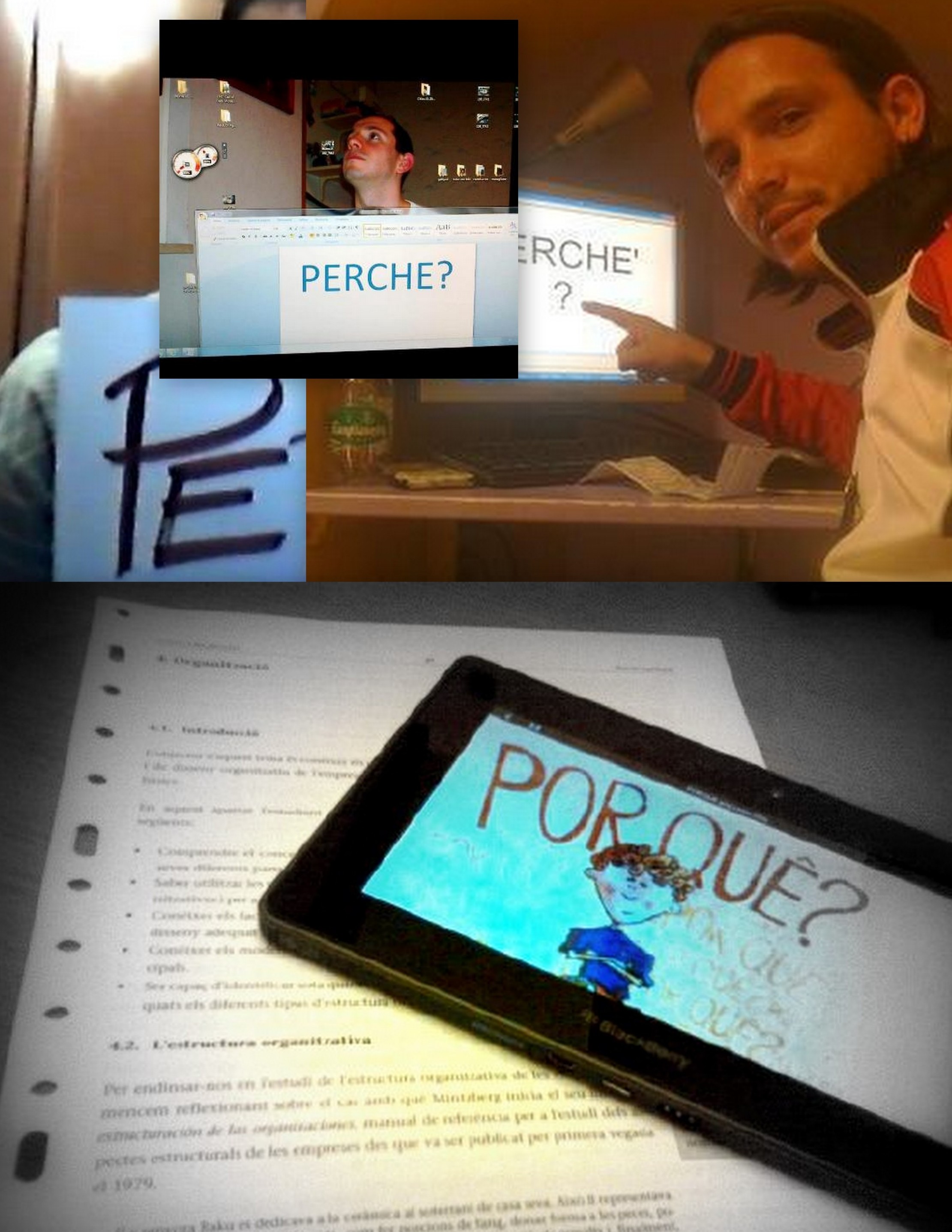
Brain drain is a key term in Spain; in the first six months of 2012, 40, 625 Spanish citizens emigrated to find work abroad, 44.2% more than in 2011. The unemployment rates increased again in October. Official statistics given by the employment and social security ministry show that this in turn increased by 2.7% in comparison to September. The citizens are out on the streets and protesting in Spain, often using internet forums to gather momentum. 14 November saw a rare pan-European strike where people from Portugal, Spain, Greece, Cyprus and Italy came together in a day of strikes
Translated from Un perché contro la crisi: creatività low-cost per i giovani europei



